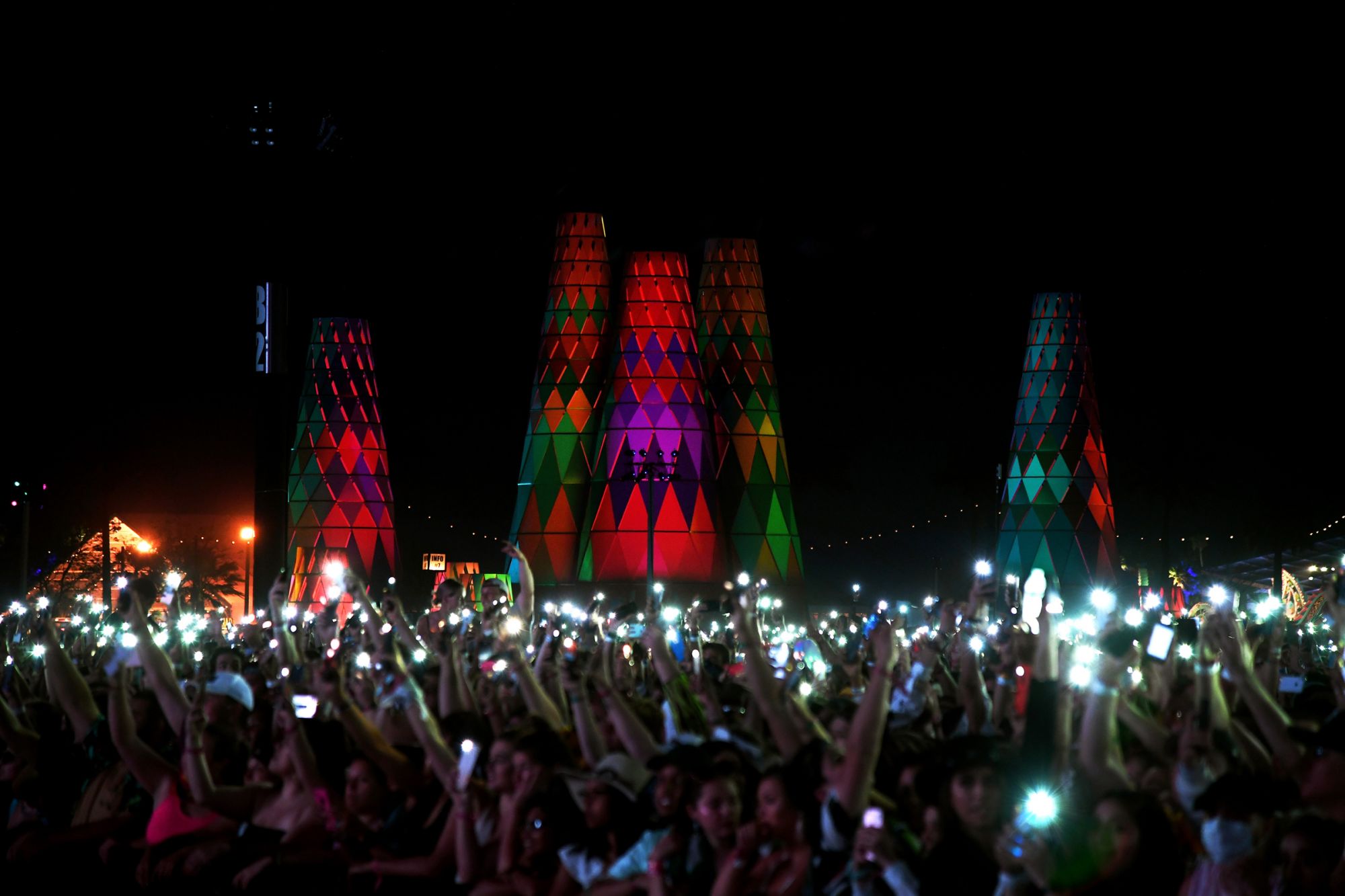How Brands Can Work With Festival Sponsorship Festivals and sponsors collaborate with each other to create events that help bring communities together.
By Alice Goldstein Edited by Jessica Thomas
Opinions expressed by Entrepreneur contributors are their own.

Sponsorship for music-related events totaled $1.4 billion in 2016, a number that surpassed sponsorship spending in any other industry. Festivals and sponsors collaborate with each other to create events that help bring communities together, spread awareness for important charities and causes and aid in building a loyal following for their brands.
However, what many people don't notice is the amount of hard work, planning and effort that is put into the preparation of these events long-before they launch. So, what exactly goes on behind the scenes between sponsors and events? How do promoters know which companies to pair with which acts? What sort of ROI should companies expect from sponsoring an event?
Related: 5 Tips for Using Corporate Sponsorship to Drive Brand Visibility
Benefits of sponsorships
Sponsoring festivals offer numerous benefits other than serving as a means to display social responsibility.
For one, sponsorship gives brands the ability to generate awareness about themselves, their products and services. A great example is noted by 7UP, who began a multiyear partnership with Ulta in 2014 -- a world leader in music festival production. They used this partnership as a way to get themselves back into the public eye and in front of the millennial audiences they were interested in targeting.
Participating in sponsorships can also help companies increase sales, either directly through selling their products at an event, or indirectly by generating quality leads from an event.
Companies interested in rebranding can also seek out events which are heavily attended by the target demographics they are interested in acquiring.
Furthermore, sponsorship gives companies the opportunity to gain an edge over the competition. In the case of 7UP, they had been consistently outspent by their competitors for years and used sponsorship as a way to level the playing field.
Cupcake Winery has also found a niche in festival sponsorship that has differentiated them from their competitors. They are currently the only wine sponsor in the history of Coachella Valley Music and Arts Festival and are going on their fifth year as a sponsor. Their VP of Marketing, Eben Gillette recently discussed the benefits of sponsoring festivals such as Coachella and Lollapalooza.
"It allows us to share our wines with a large, diverse group of people, many of whom travel thousands of miles to the festivals. We're glad that we can introduce Cupcake wines to these audiences and continue to play a positive part in these music lovers' experience while inspiring them to keep choosing joy, both at the festivals and afterwards."
MAC Cosmetics has also proved to be a pioneer in the field of festival sponsorship. According to Toni Lakis, Senior Vice President and Global Creative Director, the company recently created a limited-edition makeup kit that enabled consumers to achieve the ultimate festival look whether they were able to attend the festival or not.
"We have had experiential moments at music festivals, including SXSW and Coachella, and have partnered with Tomorrowland for several years," said Lakis while extolling the benefits of festival sponsorship.
Related: The Number One Lesson You Can Learn from Fyre Festival: Preparation is Everything
Finding the perfect match.
To find the perfect match, companies must perform due diligence in assessing whether sponsoring an event will be a viable method for achieving their strategic goals. Promoters on the other hand, have the responsibility of handling PR, preparing proposals, locating and pitching potential sponsors, as well as compiling relevant data to present companies in order to help them ensure their investment will be worthwhile.
Event promoters must prepare asset valuations, research demographics of past events that they've managed, as well come up with projections for the event they are currently preparing for. For example, if an event is heavily attended by young, college-aged individuals, the promoter is going to want to seek out companies who cater to this demographic.
Data such as average attendance, age of attendees, gender makeup, income, education, distance traveled (important for sponsors such as hotels) and more are necessary to present to potential sponsors in order for them to be able to assess whether the event is worthwhile for them to consider.
During a recent interview, Deb Curtis, Vice President of Global Experiential Marketing and Partnerships at American Express, discussed the importance of keeping the target demographic at the forefront of the mind during the decision process. "All great music partnerships and experiences for American Express begin and end with our Card Members, as we ensure everything we do is in service of how they live their lives. We bring them closer to the cultural moments and artists they love -- while servicing their needs and enhancing their experience along the way."
Related: For Millennial-Hungry Businesses, Food Festivals Aren't Fluff
Finding the right partnerships is often a tough task, but is crucial to success. Sari Brecher, Director of PR & Entertainment Marketing at Diageo recently discussed their strategy for Buchanan's Blended Scotch Whisky, a popular brand of theirs. "Partnerships are an important initiative for us, as they allow us to truly be creative and showcase the depth of our portfolio. When looking to establish partnerships with incredible people like J Balvin, we look for partners who share our goal to satisfy the customer, who are masters of their craft and who do things with creative flair."
However, not every business looks for these characteristics in a partnership. Companies with alternative or edgier target demographics must seek out partnerships with events that can compliment the lifestyle, habits and interests of their consumers. On the other end of the spectrum, festival promoters and managers must learn to embrace the idiosyncratic aspects of their events that make them truly unique.
"Each festival is different. Las Rageous is two days of heavy metal, food and fun in downtown Las Vegas…We aren't the most PC festival in the world because neither are our fans. We embraced the community and lifestyle of everyday metalheads and closet metalheads, making friends and lifelong fans along the way. That and we know how to put on a hell of a party and rage," said Bud Pico, General Manager Las Vegas-based heavy metal music festival Las Rageous.
John L. Reese, CEO of Synergy Global entertainment goes on to say, "We are in the immersive event business providing experiences for music fans to engage in the culture and lifestyle of the genre of music they love. Music is truly the greatest emotional release we have as human beings and when you combine that with niched lifestyle attractions the attendees can have a fantasy day and forget about their daily problems. It's an escape from their life reality for a time which I think everyone needs."
Finding the right sponsor is simply a matter of rolling up your sleeves and hitting the pavement. I cannot stress enough the importance of going out to various events, big and small, and just talking. I don't care if it's the grocery store, the beauty salon, or a lavish party or charity event. Have your business cards ready and don't sit there like a wallflower. Nothing will come to you if you don't reach out to others.











